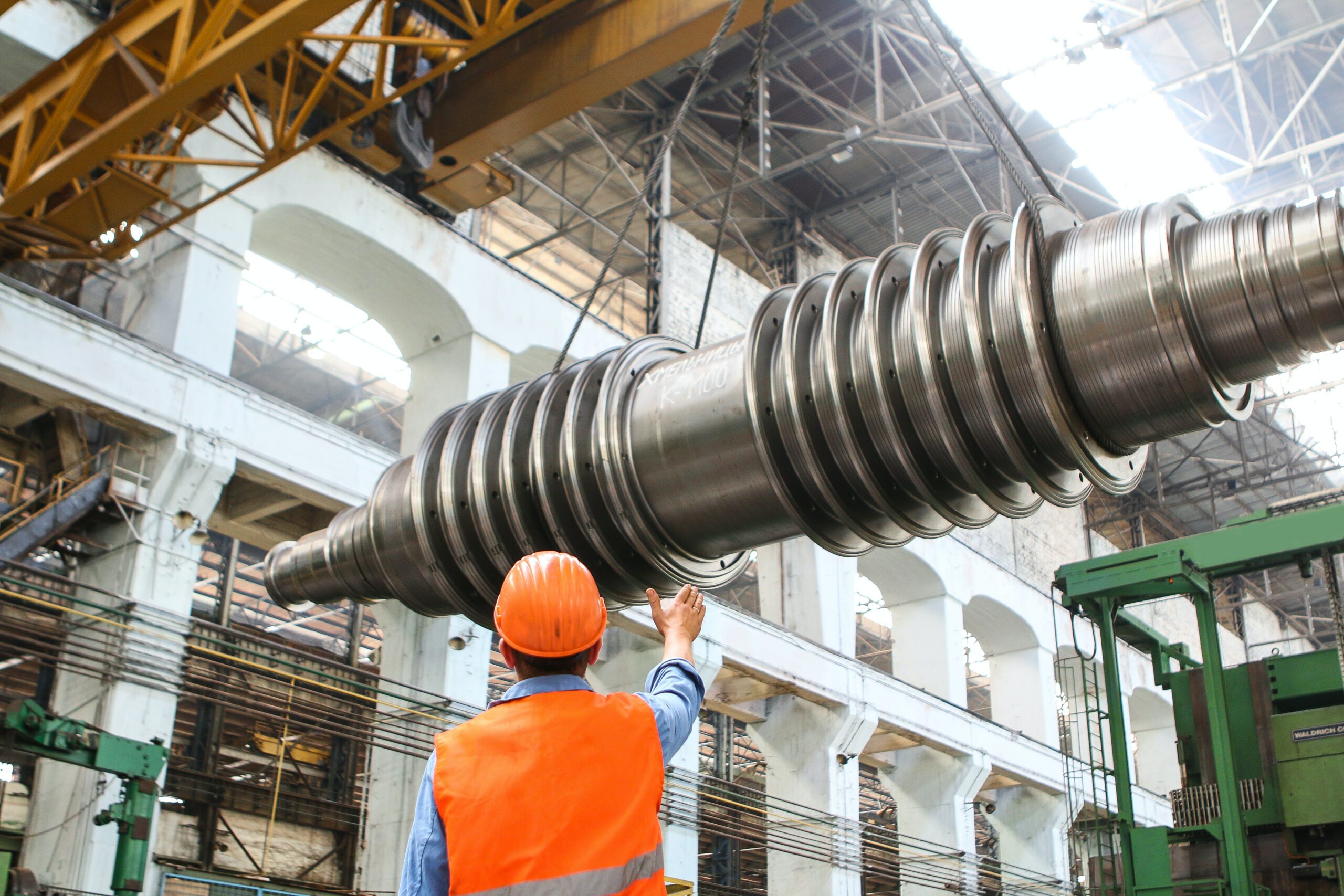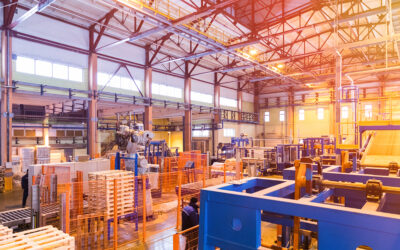Asset monitoring and energy maintenance companies, like Konektio, often use terms like “Industry 4.0” but what exactly does it mean? This blog will explore what Industry 4.0 really means and key ways to realize its value in 2023.
What is Industry 4.0?
Industry 4.0 was originally used to describe the fourth industrial revolution, which refers to the integration of advanced technologies and automation into the manufacturing and industrial sectors. It involves the use of interconnected devices, sensors, and machines that are capable of communicating with each other and making decisions based on the data they collect.
The technologies involved in Industry 4.0 include the Internet of Things (IoT), artificial intelligence (AI), big data analytics, cloud computing, robotics, and 3D printing. By combining these technologies, Industry 4.0 aims to create a smart, connected, and highly efficient manufacturing system.
What have been the other industrial revolutions?
Before Industry 4.0, there have been three industrial revolutions that have transformed the way goods are produced and consumed. These are:
- First Industrial Revolution (Late 18th to Early 19th Century): This was the era of mechanization and steam power. It started with the invention of the steam engine and saw the development of new machines and processes that revolutionized textile manufacturing, transportation, and agriculture.
- Second Industrial Revolution (Late 19th to Early 20th Century): This was the era of mass production and electricity. It started with the invention of the assembly line and saw the development of new technologies such as the internal combustion engine, electricity, and telecommunication that transformed the manufacturing and transportation sectors.
- Third Industrial Revolution (Late 20th Century to Early 21st Century): This was the era of automation and digitalization. It started with the invention of the computer and saw the development of new technologies such as the internet, mobile devices, and automation that transformed the manufacturing, transportation, and service sectors.
Industry 4.0 builds on the innovations of the previous industrial revolutions by integrating advanced technologies such as the Internet of Things (IoT), artificial intelligence (AI), and big data analytics into the manufacturing and industrial sectors.
What are the key benefits of industry 4.0?
- Increased Efficiency: Industry 4.0 technologies can help businesses operate more efficiently by streamlining processes, reducing waste, and improving productivity.
- Cost Savings: By automating processes and reducing waste, Industry 4.0 can lead to significant cost savings for businesses.
- Better Sustainability: Industry 4.0 can help businesses reduce their environmental footprint by optimizing energy use, reducing waste, and adopting more sustainable practices.
What are the stages of an Industry 4.0 strategy?
An Industry 4.0 strategy typically involves several stages, which are:
- Assessment: The first stage of an Industry 4.0 strategy is to assess the current state of the business and identify areas where Industry 4.0 technologies could be applied. This involves analyzing the existing processes, systems, and infrastructure to determine where improvements can be made.
- Planning: Once the assessment is complete, the next stage is to develop a plan for implementing Industry 4.0 technologies. This involves identifying the technologies that will be used, determining the budget and timeline for implementation, and defining the roles and responsibilities of the team.
- Implementation: The implementation stage involves deploying the technologies identified in the planning stage. This may involve acquiring and installing new equipment, integrating new software, and training employees to use the new technologies.
- Monitoring: The monitoring stage involves tracking the progress of the implementation and measuring the impact of the Industry 4.0 technologies on the business. This may involve collecting and analyzing data on key performance indicators (KPIs) such as productivity, quality, and efficiency.
- Optimization: The final stage of an Industry 4.0 strategy is optimization, which involves using the data collected during the monitoring stage to make continuous improvements to the processes and systems. This may involve identifying areas where further automation or optimization can be implemented to improve the efficiency and effectiveness of the business.
This may all sound like a lot to incorporate, but Konektio is prepared to guide you through this process and help you realize the value of all aspects of digital transformation into Industry 4.0. Whether it is condition-based monitoring, predictive maintenance, or tracking the energy efficiency of all your assets – Konektio will provide you with an out-of-the-box solution with data-driven insights that allow you to easily see whats most important to your team.
About Konektio
Konektio is at the forefront of the rapidly expanding Industrial IoT (“IIoT”) technology sector, digitally transforming the global manufacturing industry via smart cloud-based platforms. Konektio helps industrial customers reduce energy/utility costs, track and reduce carbon emissions and monitor/maintain their equipment effectiveness via its suite of SaaS solutions. We have served a wide range of industrial manufacturing, processing, and utility customers with digital solutions for over five years with our teams having decades of experience in the industrial sector. We have customers across the UK, Europe, and the USA and are continuing to scale up our commercial activities with the recent launch of two newly developed and upgraded SaaS solutions: Predict (intelligent machine analytics and condition-based monitoring) and Impact (Energy efficiency, carbon calculations, and water/air/gas/electricity monitoring) in one single platform for use by site managers and C-level executives.
Find us on Facebook, LinkedIn, and Twitter.



